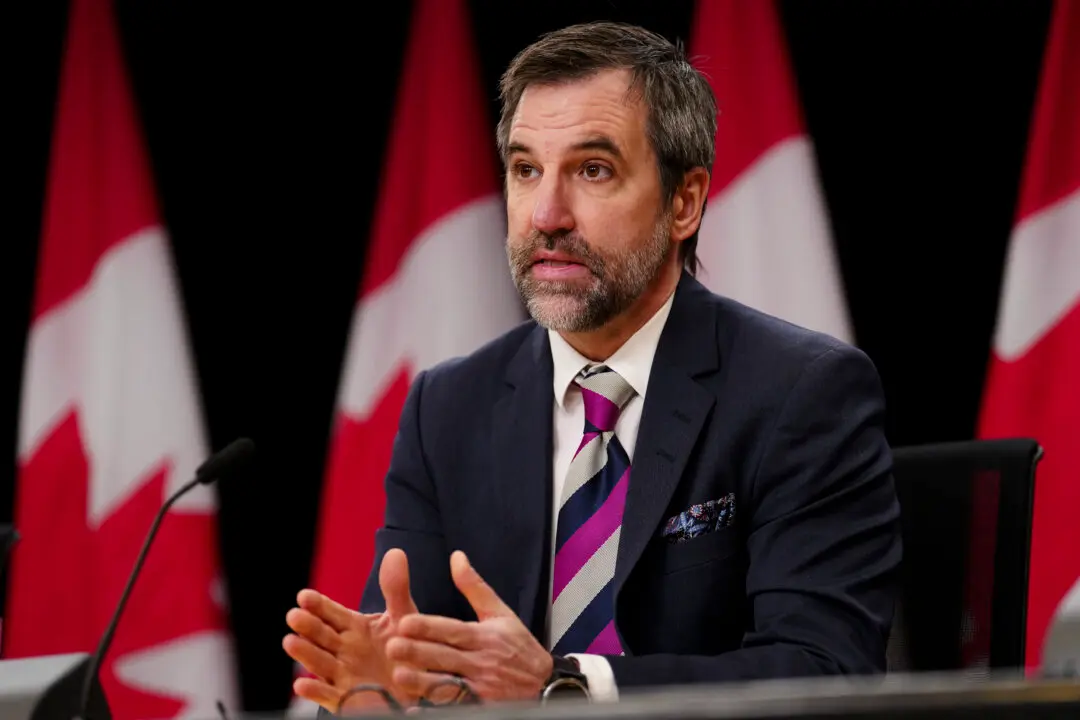Environment Minister Steven Guilbeault is acknowledging the federal carbon tax has become an unpopular policy, and that it could potentially be replaced with a different “environmental measure.”
“If we remove [the carbon tax], we not only need to replace an environmental measure with another one that would be equivalent, but we also need to find a way to continue supporting Canadians in those times of challenges with affordability and cost-of-living issues,” Guilbeault told reporters on Jan. 21 in Montebello, Que.





